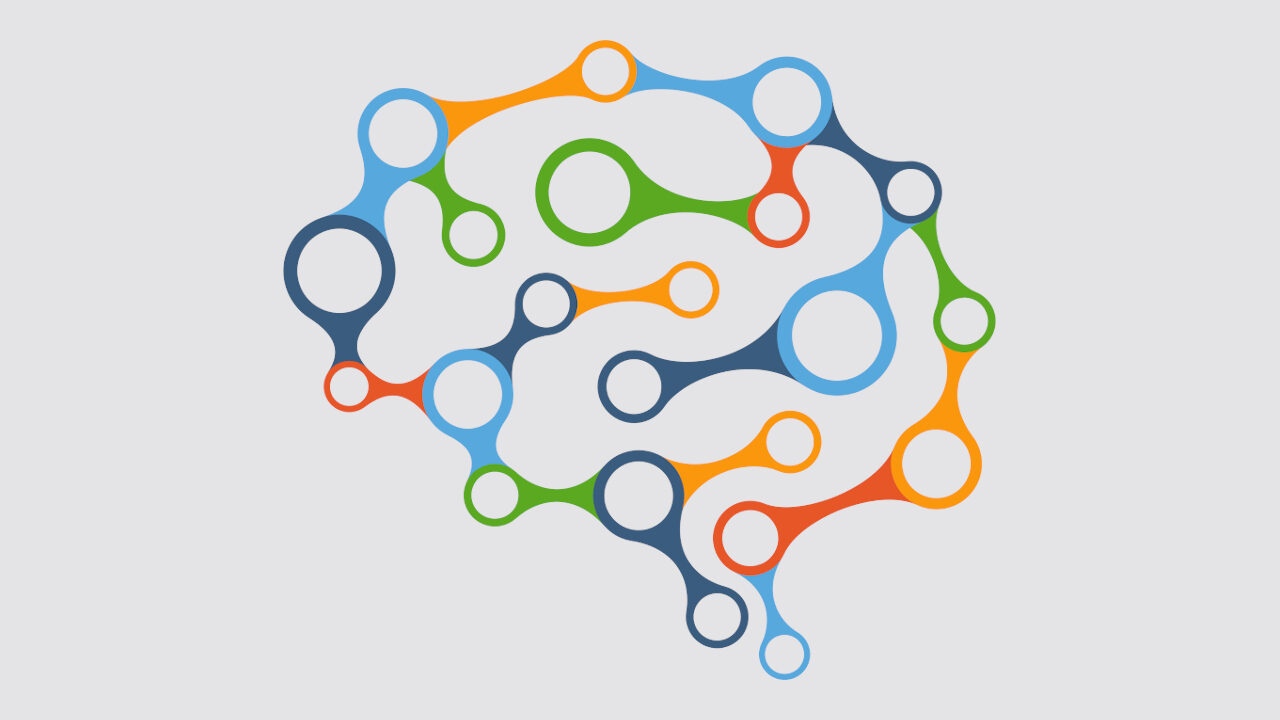Despite my long experience in IT programmes, I’m a cynical observer of technology. While I acknowledge its potential, I find fault in our tendency to view it as the ultimate solution to all problems. Rather than addressing underlying systemic issues, we often add more technology in search of marginal improvements.
This obsession with technology leads to excessive micromanagement of processes. We break them down into smaller components and attempt to optimise each one. Whether it’s call routing, credit risk decisions, fraud prevention, vehicle repairs, or cost recovery, we focus heavily on micro-design to achieve marginal efficiency gains.
However, the more we fragment processes and rely on technology, the less we understand the complete customer journey. We lose sight of their true desires and needs. We become reductionists rather than Systems Thinkers.
For instance, in a motor insurance claim, customers care about getting back on the road swiftly with a repaired or replaced vehicle, with minimal effort or fuss. They don’t concern themselves with call handling time or cost out targets. They worry about commuting to work or attending important events like weddings or taking care of loved ones. Their main questions revolve around transportation options.
Efficiency gains can be achieved through technology, but it should be directed towards end-to-end customer-centric improvements. The obvious commercial benefit is the reduction in unnecessary customer demand and lower operational costs.
Leaders must step out of their offices and examine the full customer journey. How many steps does it involve? How many handoffs occur between departments? How often do customers call for updates? How long does it take to fulfil their requests? Leaders should listen to calls and examine the caller’s intentions, the need for the call, and its outcome. It’s crucial to gain a deeper understanding.
I have witnessed businesses facing millions in avoidable call costs, with entire teams dedicated to handling failures. Advisors are sometimes forced to guide customers through suboptimal routes due to technological decision rules, even when they know the best outcome for the customer. This situation negatively impacts employee morale.
Governments used to emphasise a Digital First approach, but I advocate for a Digital Last mindset. Processes should be designed systemically, prioritising customer needs. Critical to Quality leading metrics should measure both past and predicted future performance, and tech solutions should be led by these metrics. Always return to the customer needs statement. Remember, if you fail to meet customer needs, they will seek alternatives elsewhere.
Sandpiper Consulting’s Systems Thinkers can identify intervention opportunities, train leaders in customer-centric perspectives, and drive sustainable improvements in customer experience, business performance, and company culture. Contact us now.













